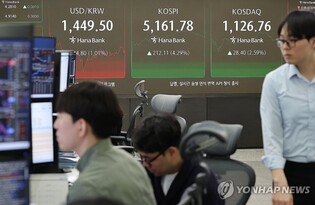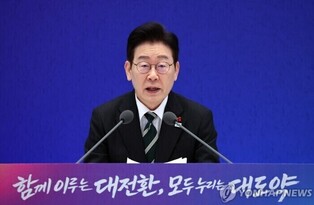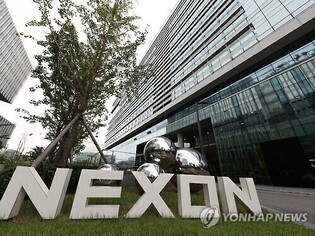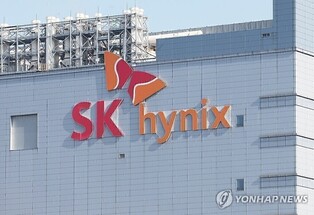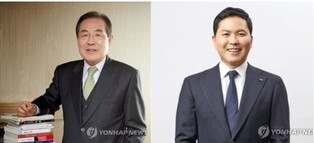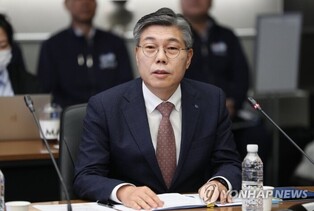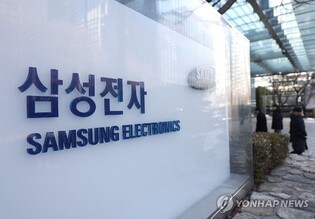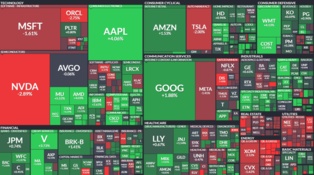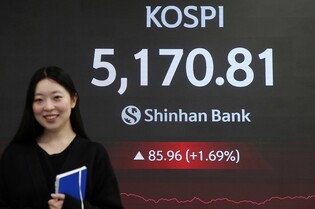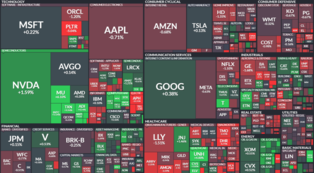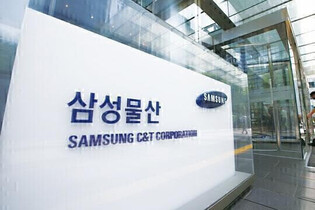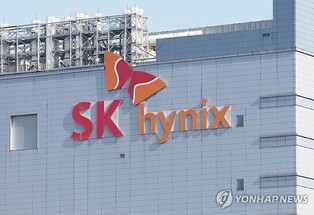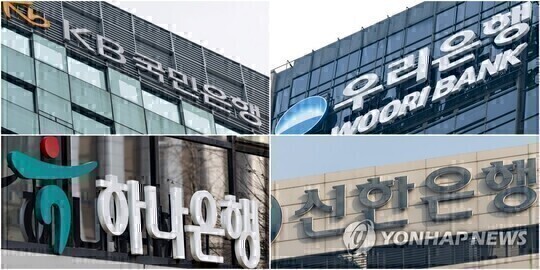 |
Photo courtesy of Yonhap News |
[Alpha Biz= Kim Jisun] SEOUL, November 9, 2025 — A rapid shift of funds from bank deposits to the stock market is intensifying in South Korea, with more than ₩7.6 trillion (US $5.5 billion) moving into equities in just four trading days, as retail investors chase higher returns despite volatility tied to recent AI bubble debates.
According to data from the financial sector, the combined balance of unsecured loans at the five major banks—KB Kookmin, Shinhan, Hana, Woori, and NH NongHyup—stood at ₩105.97 trillion as of November 6, up ₩1.14 trillion from the end of October. The increase in just four business days has already exceeded the entire monthly rise of ₩925.1 billion recorded in October.
Financial authorities believe the surge reflects growing leveraged trading, as customers tap overdraft (credit line) loans to fund stock purchases.
Meanwhile, demand deposits—cash easily withdrawable from banks—have plunged sharply. As of November 6, total demand deposits across the five banks fell by ₩6.5 trillion compared to the end of last month, following a ₩21.86 trillion decline in October. The daily outflow pace has nearly doubled this month.
Market analysts estimate that, when factoring in new credit lending, roughly ₩7.6 trillion of bank liquidity has flowed into the KOSPI in just four trading days. Investor deposits held at brokerages—used to fund stock purchases—also rose by ₩1.44 trillion on November 5 alone.
“Bank funds are exiting rapidly toward the equity market,” said an industry source, noting that despite the AI valuation correction narrative, investors remain strongly oriented toward risk assets amid the KOSPI’s 20% rally over the past three months.
The continued surge underscores retail investors’ growing appetite for equities, even as regulators warn of excessive risk-taking and potential asset overheating.
알파경제 Kim Jisun (stockmk2020@alphabiz.co.kr)


















